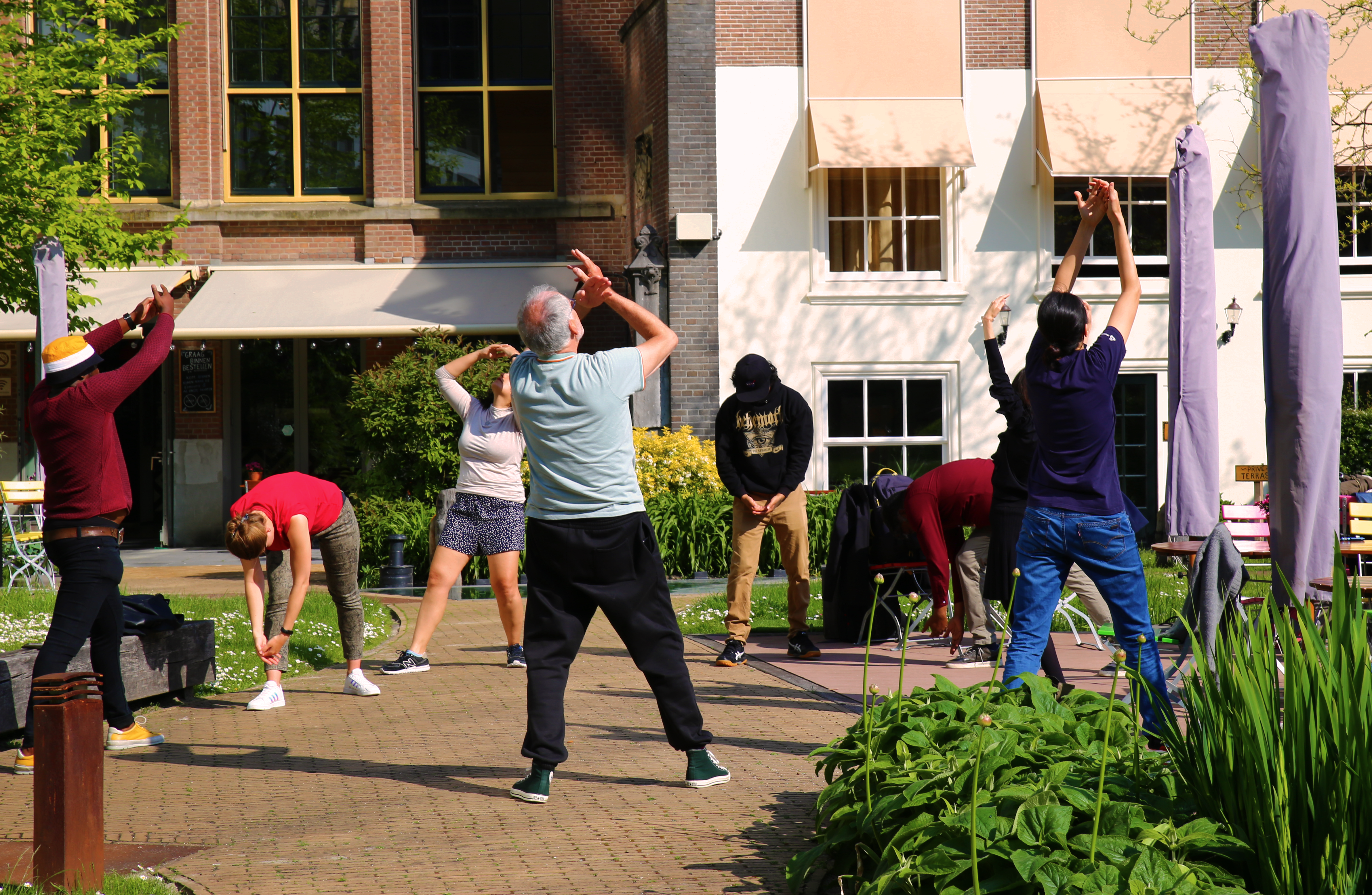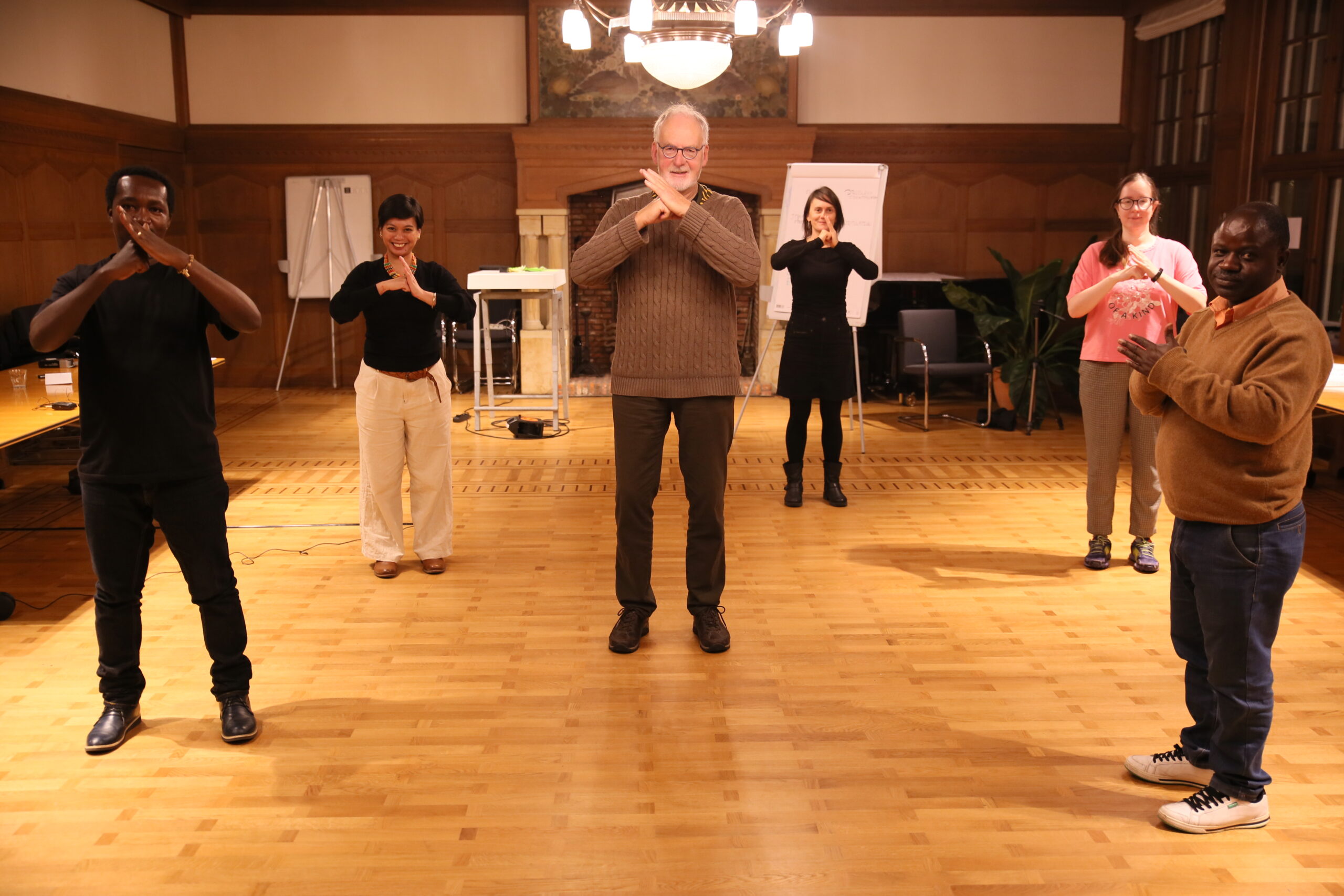
The challenges faced by human rights defenders
Human rights defenders all over the world stand up for freedom, justice and human rights for all. Their efforts, however, can come with negative impacts to themselves as a result of the psychological and physical demands of their work.
Human rights defenders often work in difficult and dangerous situations. Their actions for change could be met with heavy resistance from individuals, organizations or governments they may be exposing. Because of this, they could face harassment, discrimination, intimidation and physical attacks. The threats they experience can also include criminalization and legal action taken against them.
Their constant fight for change, the resistance they face, and the violations they witness can lead to stress, burnouts, loss of motivation, and trauma. This side of their activity has serious consequences on their wellbeing and it may prevent them from continuing their important work.
In order for human rights defenders to continue their work safely and sustainably, they need the time to re-energize in a safe space.
What does re-energizing mean?
Re-energizing means taking the time to look after your physical and mental wellbeing in a safe space. By doing so, you allow your body and mind to rest, you allow yourself the space to refocus, and to regain new energy.
A safe space to rest
This may look different for each human rights defender. During their stay, human rights defenders can rest in a safe environment, away from physical threats and stressful situations. In this safe space, they have the opportunity to take care of their wellbeing by accessing medical support. They can also receive psychological care to work on the psychological impact of their work and receive guidance on how to develop a personal self-care plan.
Wellbeing activities
We also offer human rights defenders various other activities to enhance their wellbeing. For instance, they can relax by experiencing the cultural life of the city they are located in and its surroundings. They may visit museums, participate in cultural events and in the local traditions. They can re-energize by doing physical activity: they can do sports, walk or bike in the nature. They may also work on managing their stress through sessions with professionals or through activities such as yoga, tai-chi, swimming, or other sports and wellbeing activities.
“Shelter City made me realize that I can best help others when I take the time to look after myself.”
“These 3 months made me realise that it's very important to look after yourself. I can only do it for others if I can do it for myself. I can protect others, if I can protect myself. I can be strong for others if I can be strong for myself."


